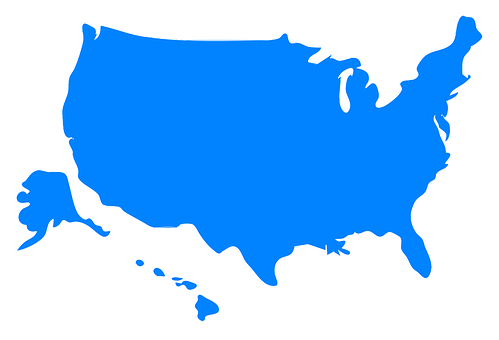QSBS Expert Q&A: Defining an Eligible Domestic C-Corp
The startup ecosystem and investment landscape are ever evolving. As new questions develop, the answers and solutions are not far behind. In our monthly series, our QSBS Expert team provides insights into these pressing questions in the highly nuanced realm of QSBS.
The qualifications and conditions of the QSBS tax code found within IRC Section 1202 can be challenging to define. We recently received queries from several companies questioning whether their operations outside the US negatively impact their ability to be considered a “domestic US” entity.
Q: “Does our company qualify as a “Domestic US” entity given our foreign operations? If we move most of our operations overseas, can we still qualify to issue QSBS stock?”
QSBS is a benefit to spur innovation and business growth in the United States, so it is generally intended for companies that operate in the US.
The requirements of being a “domestic” entity are raised several times in IRC Section 1202.
- For stock to meet the Qualified Small Business requirements, when stock is first issued the company needs to be a “domestic” C-Corporation (IRC Section 1202(d)(1)).
- The Active Business Requirements, which need to be met for “substantially all” of a holder’s holding period, also stipulate that the entity is a “domestic” corporation (IRC Section 1202(e)(4)).
- Lastly, the final sentence of Section 1202 specifies that additional regulations could be needed to help “prevent the avoidance of the purpose” of QSBS through shell corporations (IRC Section 1202(k)). This indicates that QSBS is not meant to include foreign entities that establish a domestic US shell corporation purely for the purpose of raising capital.
“The term “domestic” when applied to a corporation or partnership means created or organized in the United States or under the law of the United States or of any State unless, in the case of a partnership, the Secretary provides otherwise by regulations.” See 26 U.S.C.A. § 7701(a)(4).
Given that many companies have operations outside the US or expand to other countries as they grow, it is important to understand how best to evaluate the impact foreign operations can have on QSBS eligibility.
The most conservative approach would be to consider any foreign assets as not being used in the active conduct of the business for purposes of the Active Business Requirements. If more than 20% of foreign assets are being used in the active conduct, then most likely, the business will not be considered an “eligible corporation” under Section 1202(e)(1)(B). Keep in mind however that the Active Business Requirements generally utilize the fair value of the assets, so the composition of a corporation’s assets need to be reviewed to evaluate the value of assets within the US versus outside the US. If intellectual property or other valuable assets are held in the United States, the total “foreign” assets may only comprise a small portion of the company’s assets.
As with most of the QSBS requirements, there is limited guidance specifying exactly how to determine whether the entity meets the threshold of being considered “domestic”, so it is best to maintain well reasoned support should it become necessary.
Our team is here to help you navigate this and is her to answer your specific QSBS questions.
In case you missed last month’s QSBS Expert Q&A, check it out here.
Capgains specializes in aiding corporations and shareholders navigate QSBS and other tax incentive qualifications. We are ready to provide guidance and support throughout the entire lifetime of your eligible stock.
Want to discover more about QSBS? Subscribe to get expert answers and insights sent right to your inbox, and never miss a monthly update. You’ll also get our “Quick Guide to Understanding QSBS Tax Exemption” for free.
This article does not constitute legal or tax advice. Please consult with your legal or tax advisor with respect to your particular circumstance.

